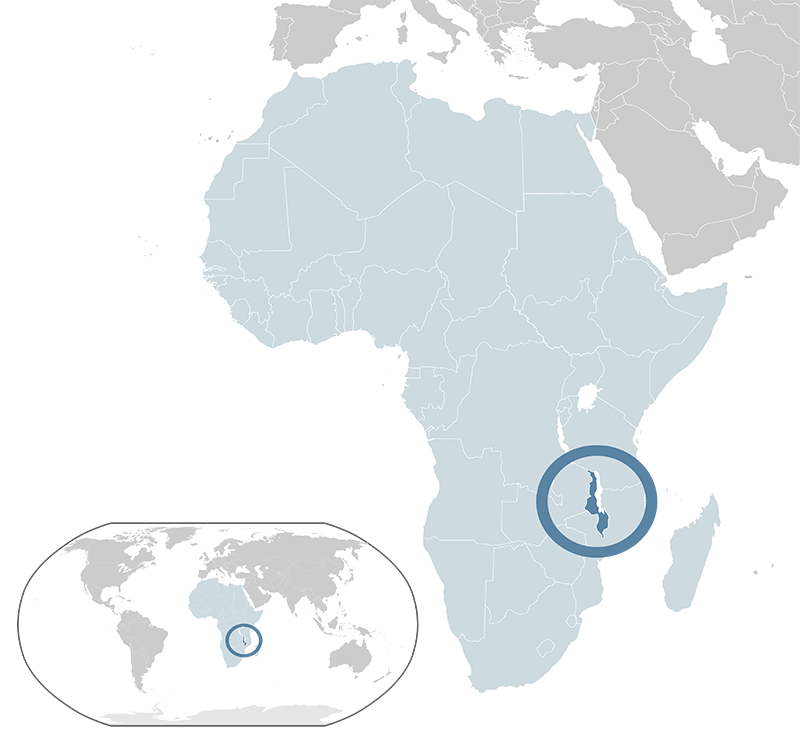
- Population:
- 21,655,000
- Religion:
- Christianity
Malawi was home to various Bantu-speaking peoples before becoming a British protectorate known as Nyasaland. It gained independence in 1964 under Hastings Banda. After decades of one-party rule, Malawi transitioned to democracy in 1994. Agriculture, particularly tobacco and tea, remains the backbone of its economy.
Malawi, officially the Republic of Malawi, is a landlocked country in southeastern Africa. It is bordered by Zambia to the northwest, Tanzania to the northeast, and Mozambique to the east, south, and west. Covering an area of approximately 118,484 square kilometers, Malawi has a population of about 19 million people as of 2023. The capital and largest city is Lilongwe. The official languages are English and Chichewa. Malawi operates as a unitary presidential republic. The economy is predominantly agricultural, with tobacco, tea, and sugar being significant exports. Malawi is known for its diverse landscapes, including the Great Rift Valley and Lake Malawi, one of the largest and deepest freshwater lakes in the world. The country is a member of international organizations such as the United Nations, the African Union, and the Southern African Development Community.






